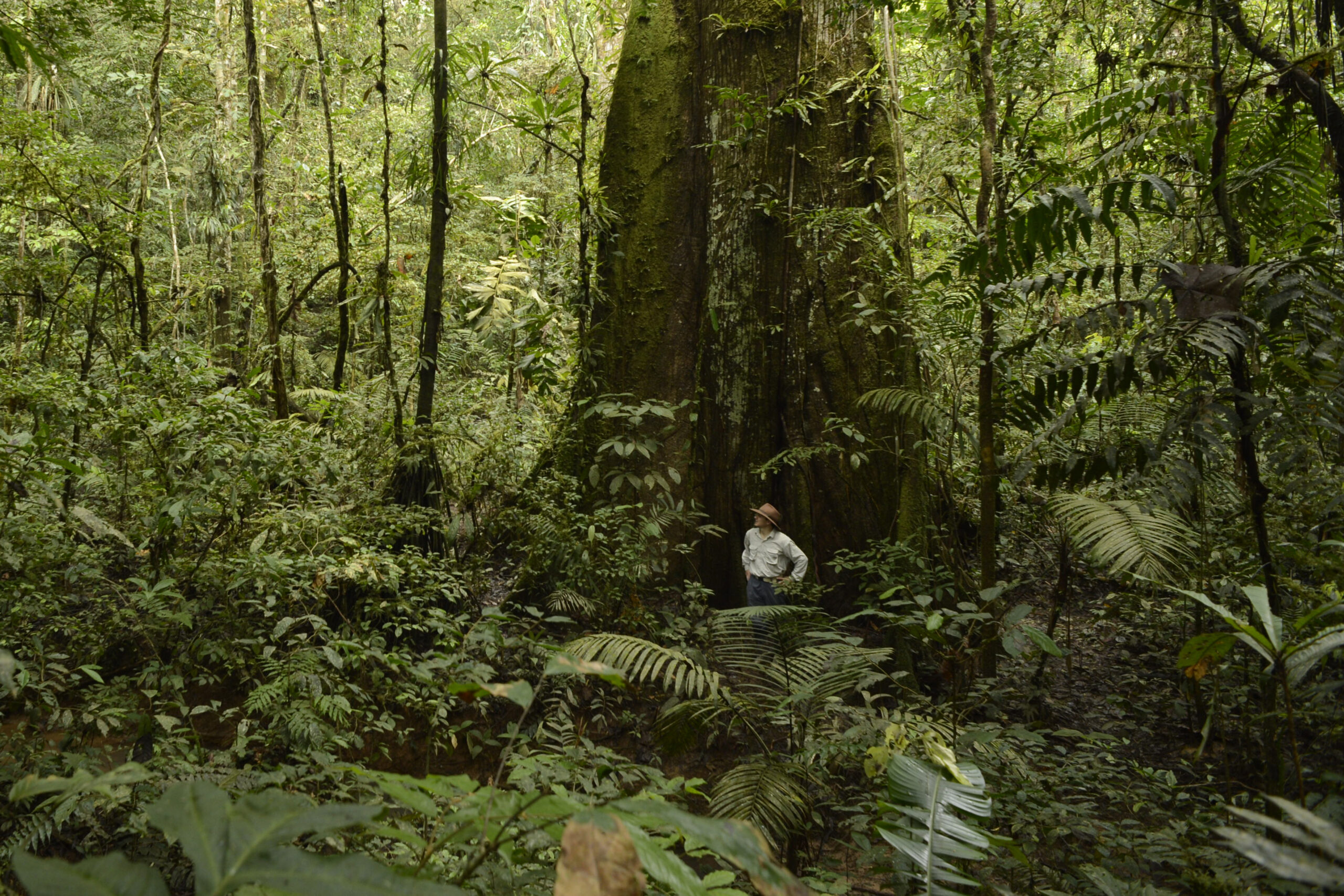
By Kátia Fenyves
The new coronavirus crisis violently exposes – as perhaps only a health emergency could -the fragility of the foundations of the modern Western world conception that segments the natural and the social.
In addition to the expected more frequent and intense sequence of pandemics associated with climate change, COVID-19 repairs the continuum nature-society, making it very clear that our environmental problems are also social issues and that, at the same time, our way of being in the world impacts nature and has been destroying it.
Since the Convention of Biological Diversity, signed during Rio-92, the value of biological diversity has been recognized and this notion, biodiversity, has been notable for reverting also a limiting ecological thought: this of nature’s “virginity”.
The concept of biodiversity urges to protect the intrinsic value of biological diversity while illuminating the effectiveness of the knowledge and practices of indigenous people and local communities for this aim and even for sustainable development.
Within this context, local cultures are also positioned as a management tool for the conservation of biodiversity, overcoming the rigidity of nature-culture dualism and approaching the hypothesis that these interactions can be positive. Yes, it is possible to act in harmony with nature, but, for that, we need to rethink its meanings and, above all, our relationship with it.
Many cultures do not perceive nature as apart, but as their way of life: the nature of some is the culture of others [1]. When we propose, therefore, to “conserve nature”, we must realize that we are starting from one of the possible perspectives for the development of policies that achieve this result.
There are other fundamental subjects in this debate whose position must integrate the design of solutions and who must be actors in decision-making. Confirming multiculturalism and devising democratic institutional arrangements that are capable of supporting this diversity is a challenge that arises before any adequate response to environmental issues that escapes purist ecology.
This means even admitting that, often, in the name of a so-called “global”, universalizing policy, we manage our relationship with nature from above, based on scientific authoritarianism, without considering the possibility of cooperation and initiative of local people and their different points of view – even when these do not correspond to the expectations that we project on them, namely, that of the unequivocal protection of nature.
Ecology and democracy must intertwine to achieve a relation that embraces all subjects – including non-human beings, as suggested by Bruno Latour [2] – and that also assigns responsibility to them.
The crisis of COVID-19 constrain us to confess the limits of the forums conceived so far and impel us to rethink them to arbitrate also from other ontologies: an opportunity for new ways of deciding and, consequently, new decisions, which may come to reduce the abyss that we have been digging with our predatory way of existing. To resist. And re-exist.
[2] Bruno LATOUR, Politics of Nature.
Kátia Fenyves is Programme Manager, Green Finance Prosperity Fund Programme at the Foreign and Commonwealth Office
